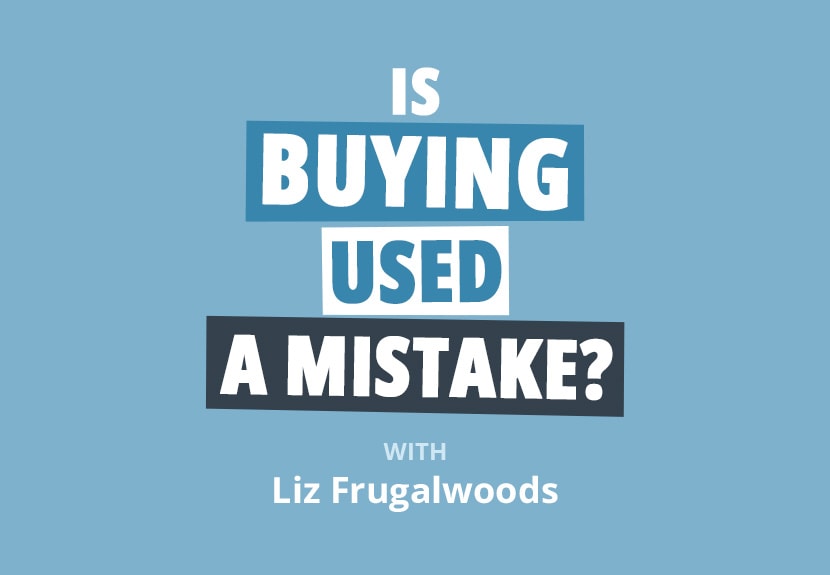By Oliver Hirt, Noele Illien and Michael Shields
ZURICH (Reuters) – Francesco De Ferrari (NYSE:), the head of Credit Suisse’s wealth management business, is focused on growth markets, high net worth clients and technology as the key to fuel the fortunes of the embattled Swiss bank.
A reorganisation unveiled last month places even more emphasis on managing the fortunes of the rich and pares back further Credit Suisse’s capital-intensive investment bank, making wealth management its undisputed flagship.
And that puts De Ferrari, 53, squarely in the driver’s seat.
“The growth is really going to come from exposure to growth markets — a key strength — and ultra high, and then turbo-charging our high net business through technology,” the dual Swiss-Italian citizen told Reuters in an interview at a Refinitiv client event in Zurich on Thursday.
Around 60% of Credit Suisse’s wealth business is exposure to what it calls growth markets such as the Asia-Pacific region and emerging markets, and the other main part is business with ultra-wealthy entrepreneurs.
De Ferrari said some of the best opportunities come in the “high net” business, clients who have $5-25 million to invest.
Credit Suisse had been rocked in early October by wild market swings and a social media storm.
When asked whether the situation had since stabilised, De Ferrari replied: “absolutely”, adding that clients have welcomed the reorganisation which followed.
“Everybody said we love Credit Suisse. Great bank, great tradition, great service. Yeah, we’d like you to be a little less volatile as a firm,” he said.
Key to wealth management’s success as a core business at Credit Suisse is focusing on its offerings and its top 20 markets and exiting from some others, he said.
“We have identified a small tail of markets — domiciles really — that we don’t have sufficient scale to be able to serve clients properly. And so those we are gradually isolating,” De Ferrari said, declining to name them.
He saw acquisitions as a potential growth opportunity for his division, citing Credit Suisse’s purchase of HSBC’s private banking business in Japan when he was based in Asia.
“If you have a very distinctive business model like ours and a very unique way you put yourself to market, it’s very hard to find somebody that looks like you on the market and so where large inorganic effectively makes sense,” he said.
“So targeted acquisitions, interesting. Broader scale — (in) my personal view — more challenging,” he concluded.
















